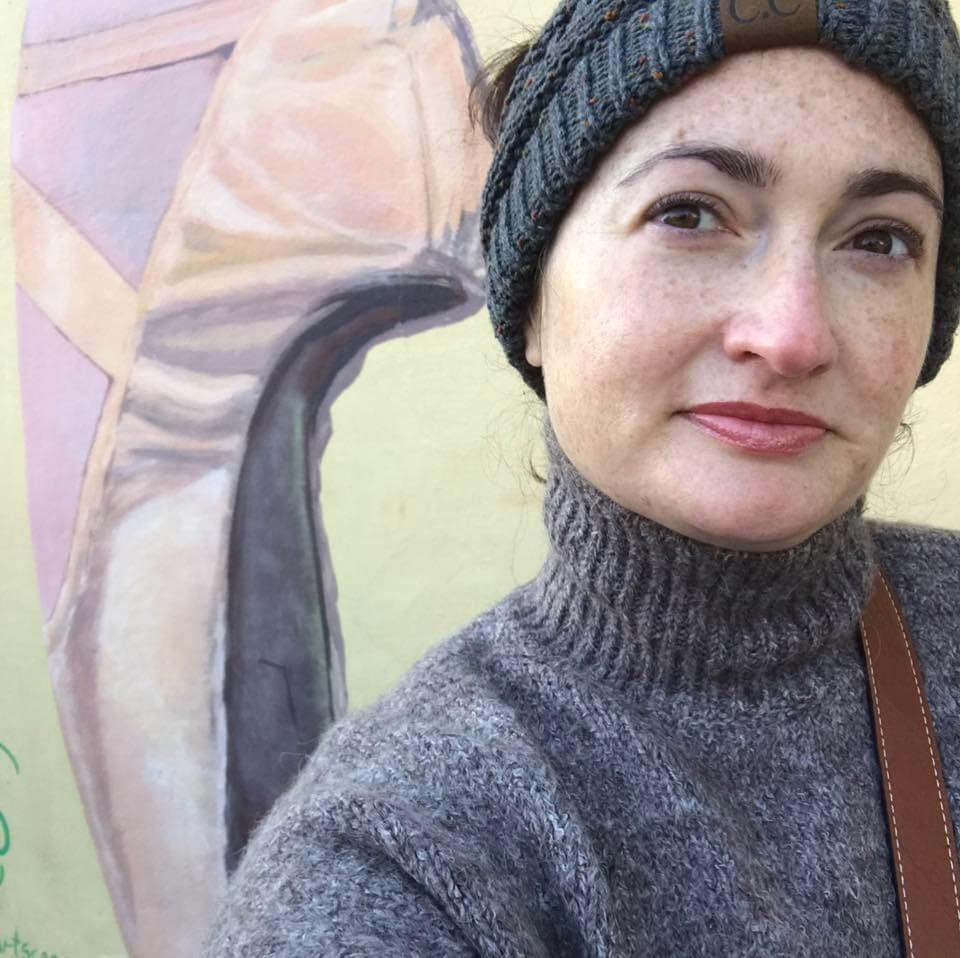By Rebecca Gaunt
Brenda Rodriguez said she was in disbelief when the IEP team for her nonverbal 5-year-old son, who has Down Syndrome and feeding issues, denied her request for hospital homebound (HHB) services so he could complete an eight-week intensive feeding therapy program.
The school withdrew I.R. (student is identified by initials for privacy reasons) after he missed 10 days of school.
Forced to choose between treatment or educational services, she filed a complaint with the Georgia Department of Education in December with the assistance of the Southern Poverty Law Center.
“The district’s actions were arbitrary, and a blatant violation of the student’s rights under the Individuals with Disabilities Act and Georgia law regarding hospital and homebound services,” said Eugene Choi, senior children’s rights attorney for the SPLC. “We believe training for the district’s special education staff is critically important to ensure this does not happen again. Fortunately, the Georgia Department of Education agrees and will oversee the needed changes in the district.”
Despite the program being a collaboration between Children’s Healthcare of Atlanta and the Marcus Institute, and Rodriguez submitting paperwork from two doctors deeming it medically necessary, the request was denied when the IEP (individualized education plan) team met in September 2022.
In August, Rodriguez submitted a letter from her son’s doctor stating that the program is “for assessment and treatment of Severe Food Selectivity by type resulting in significant nutritional deficiency.” The doctor also explained that “diagnoses (ICD-10 CODE) are Avoidant/Restrictive Food Intake Disorder (F50.82) and Pediatric Feeding Disorder, Chronic (R63.32).”
On Sep. 19, the school counselor called Rodriguez to tell her the request was approved by the district office.
For that reason, Rodriguez said she was unprepared for what she experienced when she met with I.R.’s team of teachers, therapists and administrators on Sep. 21 for what she thought was a meeting to work out the details for HHB services.
According to the complaint Rodriguez filed, which referenced the IEP notes, I.R.’s three school therapists did not agree he qualified for HHB.
Additionally in her complaint:
[Support services administrator] D’Nena Mock, explained that [I.R.] is not eligible for HHB services because [he] is voluntarily choosing treatment through the Program. Ms. Mock went on to say that [I.R.] has been seen eating at school so the Program is not medically necessary; and [I.R] will not be physically confined to his home or a hospital during this period, as he will be traveling back and forth from his house and clinic; he can also travel throughout the community to receive other treatments that he needs. Id. Finally, Ms. Mock explained that could choose treatment or education, but if chose treatment, will be withdrawn from school. Id.
“At this time, I’m in shock,” Rodriguez said. “They probably saw it in my face because everyone kept staring at me.”
Rodriguez said Mock told her the approval had been a miscommunication. Though the county office approved the initial application, the IEP team had the authority to make the final determination.
Rodriguez started reaching out to everyone she could think of for help and started digging for Cobb’s official HHB rules and regulations. Unable to find the information for the district, she did find the state guidelines.
On Sep. 22, she requested another IEP meeting. Then on Sep. 26, through counsel, sent a letter to CCSD Director of Special Education Compliance Jessica Coleman providing notice of the violations and demanding corrective measures.
I.R. started the feeding program Sep. 29, but the next IEP meeting wasn’t held until Oct. 12.
Rodriguez questioned the IEP team’s ability to determine medical necessity as non-medical professionals.
From the parent complaint:
However, Ms. Mock pointed out that [I.R.’s] doctors had a “vested interest” in filling out the paperwork the way that they did…Ms. Mock stated that no one is doubting that [I.R.] has a chronic condition, but it is hard for her to say he has a medical condition because he eats at school. Id. Ms. Mock went on to say that if it were truly a medical intervention that [I.R.]needed, he would be admitted to a hospital. Id. CCSD Director Special Education Compliance, Jessica Coleman, suggested that if really had a medical condition, it would show somewhere, such as on lab tests. Id. [The general education teacher] asked if there were any blood work results. Id. [The special education teacher] searched the internet for the definition of Food Intake Disorder and gave the team a summary. Id. [The speech-language pathologist] explained that even though she has minimal training in feeding disorders, she concluded that there is a difference between [I.R’s] feeding disorder and medical disorders. Id. Finally, Ms. Mock explained that “this is not a life-or-death situation.” Ms. Mock declared that she “is making the call since she is the LEA,” and she decided that [I.R.] does not qualify for HHB services. Id. She repeated that [I.R.] would be withdrawn from school if he undergoes the treatments.
“In the IEP meeting, one of the things that I heard that I still run through my head is, ‘this is not medically necessary. This is your choice.’” Rodriquez said.
“They’re making it seem like vacation. They have a 3-6 month waiting list and you have to qualify to get in.”
In order to prevent her son from falling even more behind after all the educational disruptions caused by the COVID-19 pandemic during I.R.’s time in the special needs Pre-K program, Rodriguez hired a private tutor.
“After the second IEP and I was denied, I was really, really exhausted. It was very draining because I spent a lot of time trying to familiarize myself with the regulations and the law,” she said.
I.R. completed the feeding program in November 2022, where he was successful with six of the eight new foods introduced. He still has follow up appointments and recently ate lentils for the first time. He also now eats green peas, brown rice, and mangoes.
“I’ve never seen such a blatant predetermination,” SPLC attorney Choi said. “Ms. Rodriguez did a great job keeping documentation, going to those meetings. The meeting minutes reflect that she was brave, and she stood her ground, which is really hard for parents to do in these meetings…otherwise this would just be another case of ‘everyone just trust what the district says.’”
From the state’s findings:
Whether a student receives HHB services is not an IEP Team decision or based on what is the least restrictive environment for the student. Instead, under Georgia law, “the [LEA] shall provide HHB services to students, including students with disabilities” who meet the requirements outlined in Georgia Board of Education Rule 160-4-2.31(2). (emphasis added). Therefore, if the student in this case, who happens to be a student with a disability, met the HHB eligibility criteria, the district was required to provide him HHB services. The role of the IEP Team is to “assist in the development of an [educational service plan (ESP)] to deliver the appropriate HHB services.” Ga. Bd. of Educ. R. 160-4- 2.31(3)(c).
As a result of the GaDOE finding that CCSD was out of compliance with the Individuals with Disabilities Education Act, the district has until March 3 to meet with the family to plan the 50 hours of compensatory services it must provide. CCSD must also review and revise its policies and provide training for teachers and administrators.
Read the letter from the GaDOE to the Cobb County School District in full here.
The district did not respond to a request for comment.

Rebecca Gaunt earned a degree in journalism from the University of Georgia and a master’s degree in education from Oglethorpe University. After teaching elementary school for several years, she returned to writing. She lives in Marietta with her husband, son, two cats, and a dog. In her spare time, she loves to read, binge Netflix and travel.
